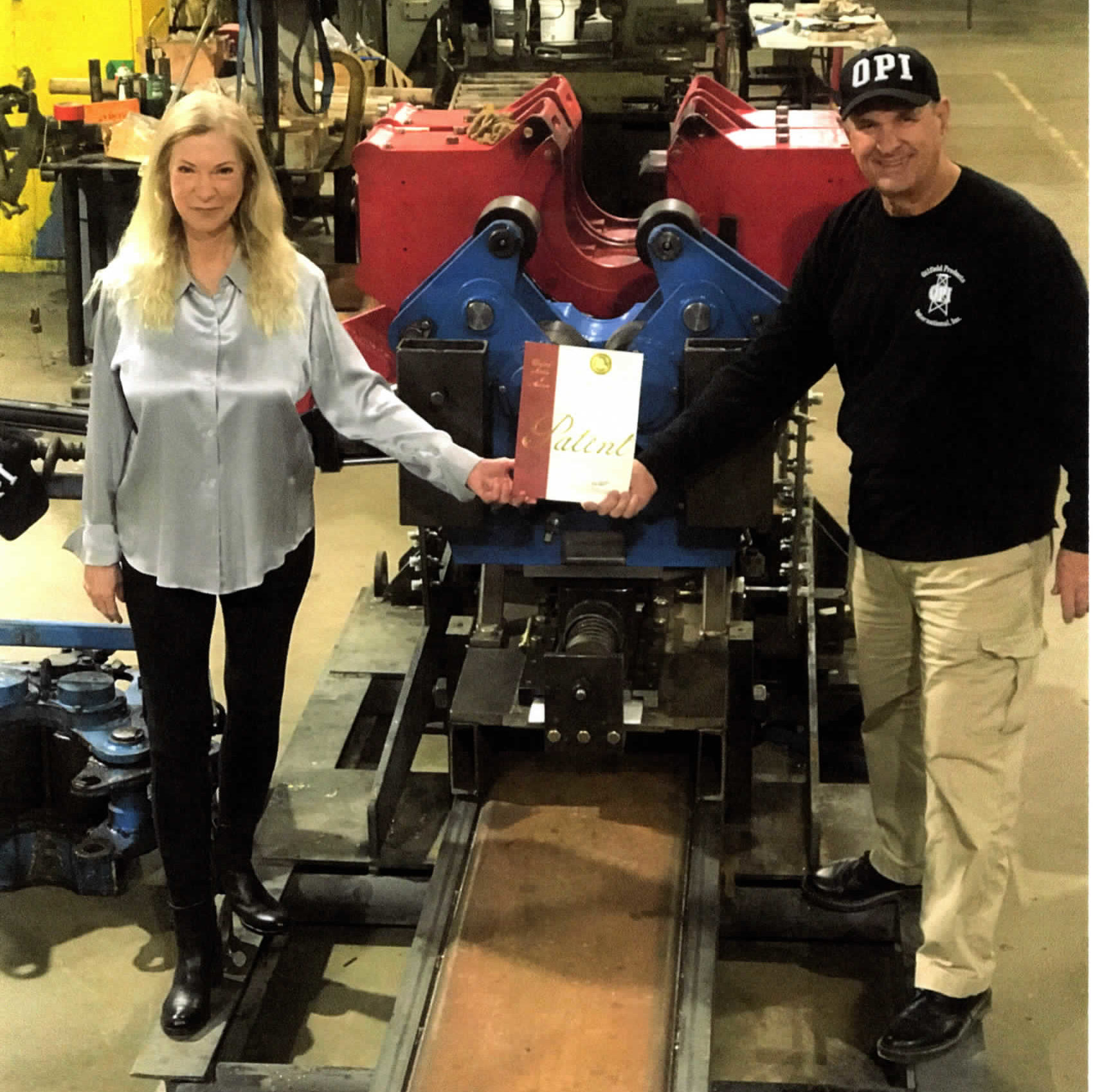Money Market vs Traditional Savings: What Account is Right for You?

When deciding how to save money effectively, money market accounts and traditional savings accounts are two popular and safe options offered by banks. Both types of accounts provide interest earnings and federal insurance protection, but they differ in features, interest rates, access, and minimum balance requirements. Understanding the differences in each account is crucial to finding the right account for your needs!
What Is a Traditional Savings Account?
A traditional savings account is a basic deposit account that allows you to securely save money while earning interest. It’s a low-risk option insured by the FDIC up to $250,000 per depositor, providing peace of mind that your funds are safe.
Features of Traditional Savings Accounts
- Lower interest rates: Typically range between 0.01% and 0.50%. Check our current rates here.
- Easy access to funds: Withdrawals and deposits are simple, though federal regulations limit certain withdrawals to six per month.
- Low minimum deposit requirements: A Traditional Savings Account at SouthStar Bank has a minimum opening deposit of $100 (as of 6/26/25).
- Minimal or no fees: Monthly fees are often waived when minimum balances are maintained.
What Is a Money Market Account?
A money market account (MMA) combines features of savings and checking accounts, often paying higher interest rates due to investments in short-term government securities and other low-risk instruments. Like traditional savings, MMAs are FDIC insured up to $250,000.
Features of Money Market Accounts
- Higher interest rates: MMAs generally offer better returns than traditional savings accounts. Check our current rates here.
- Limited check-writing privileges: You may be able to write checks, offering more transactional flexibility.
- Higher minimum balance requirements: Usually require $1,000 or more to open and avoid fees.
Money Market Account vs Traditional Savings Account: A Side-by-Side Comparison
|
Feature |
Traditional Savings Account |
Money Market Account |
|
Interest Rates |
Typically Lower |
Typically Higher |
|
Minimum Deposit |
Low |
Higher ($1,000 or more) |
|
Access to Funds |
Limited withdrawals, no checks |
Checks allowed |
|
Fees |
Usually none or low |
Possible monthly fees if balance not met |
|
Safety |
FDIC insured |
FDIC insured |
Which Is Better: Money Market Account or Traditional Savings Account?
Choosing between a money market account vs traditional savings account depends on your savings goals, balance, and how frequently you need access to your funds:
- If you want a straightforward, low-maintenance account to grow your emergency fund with easy access, a traditional savings account is likely the better choice.
- If you want to maximize interest earnings and appreciate some check-writing access with your savings, and you can maintain a higher balance, a money market account may be more suitable.
Tips to Maximize Your Savings
- Avoid monthly fees by meeting minimum balance requirements.
- Use money market accounts for larger emergency funds or short-term savings that require occasional access.
- Use traditional savings accounts for smaller balances or savings goals with less frequent withdrawals.
Both money market accounts and traditional savings accounts offer safe, insured ways to save money, but they serve different needs. Money market accounts typically provide higher interest and more access options but require larger balances. Traditional savings accounts offer simplicity and low minimum deposits, making them great for beginners or smaller savers.
Found the account you are looking for? Have further questions? Contact your local branch or get started online today!





